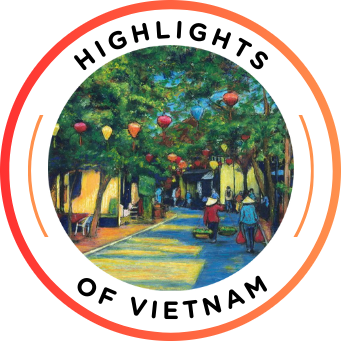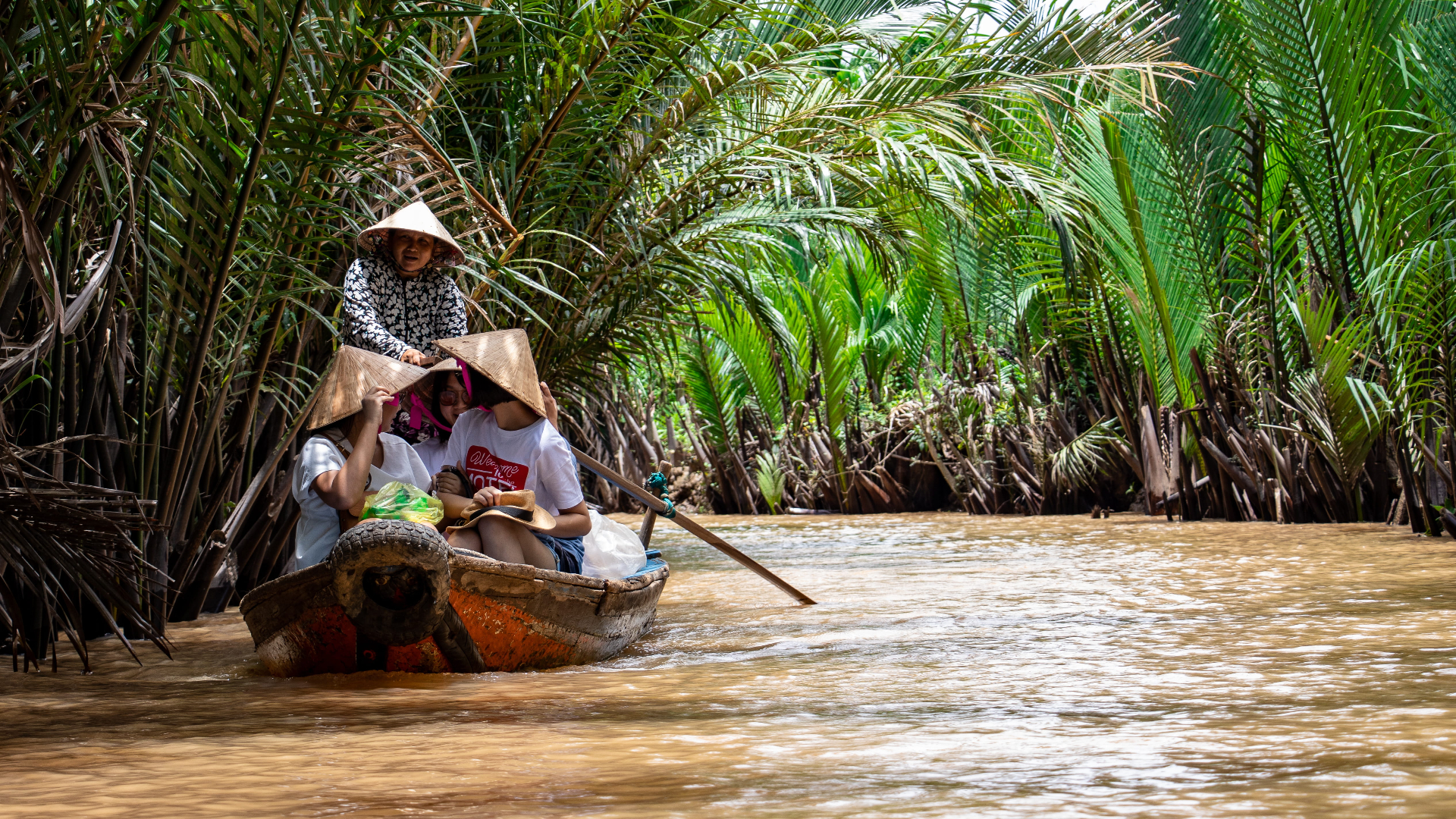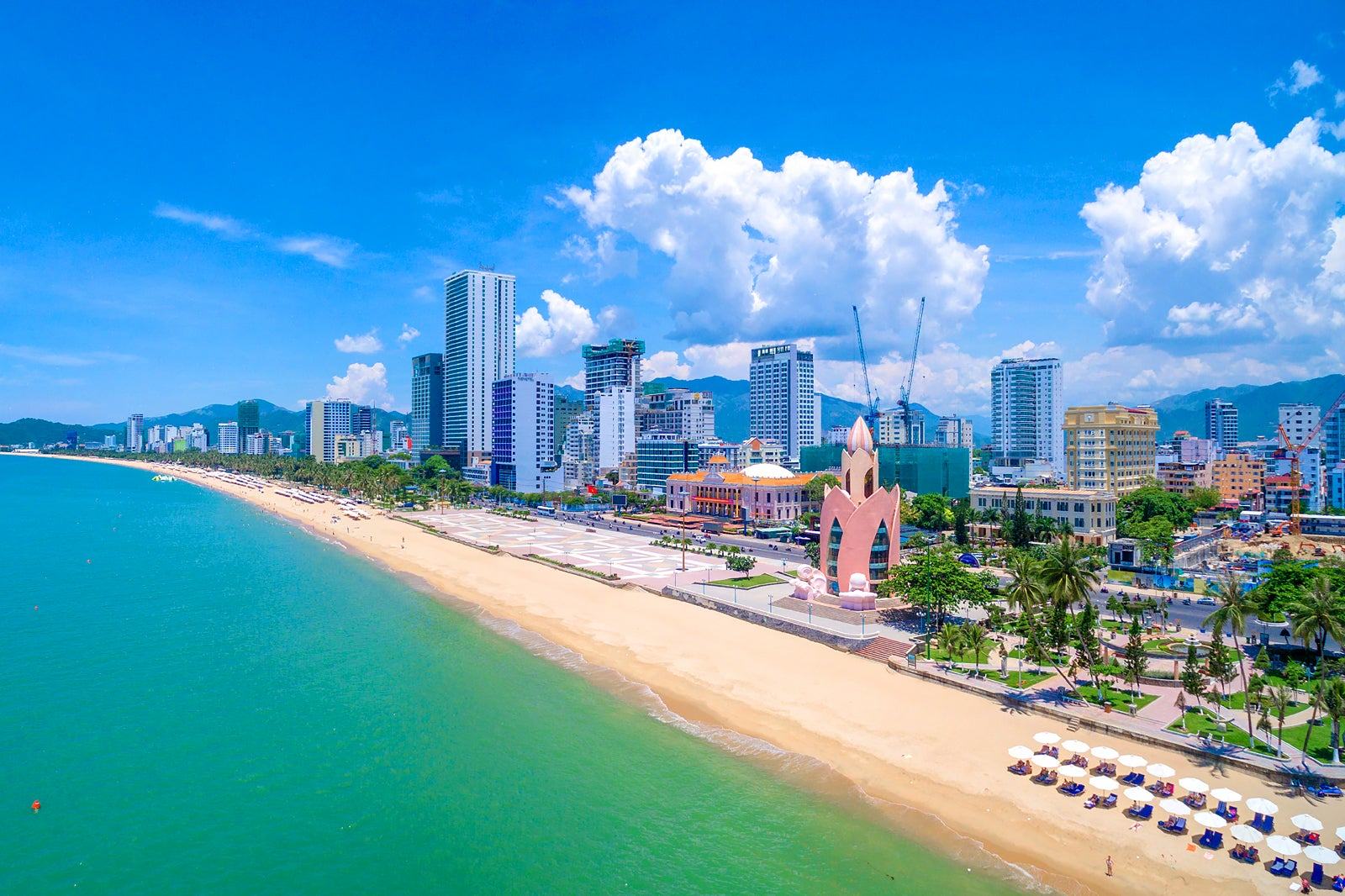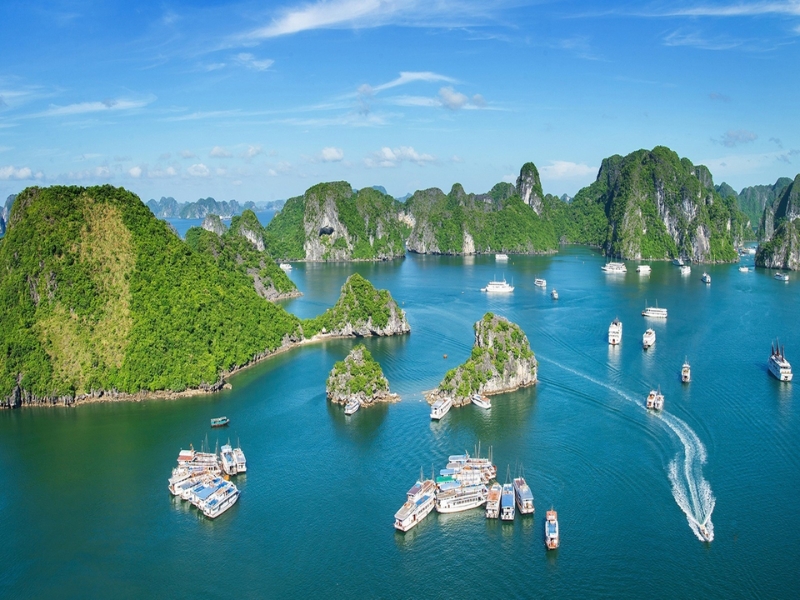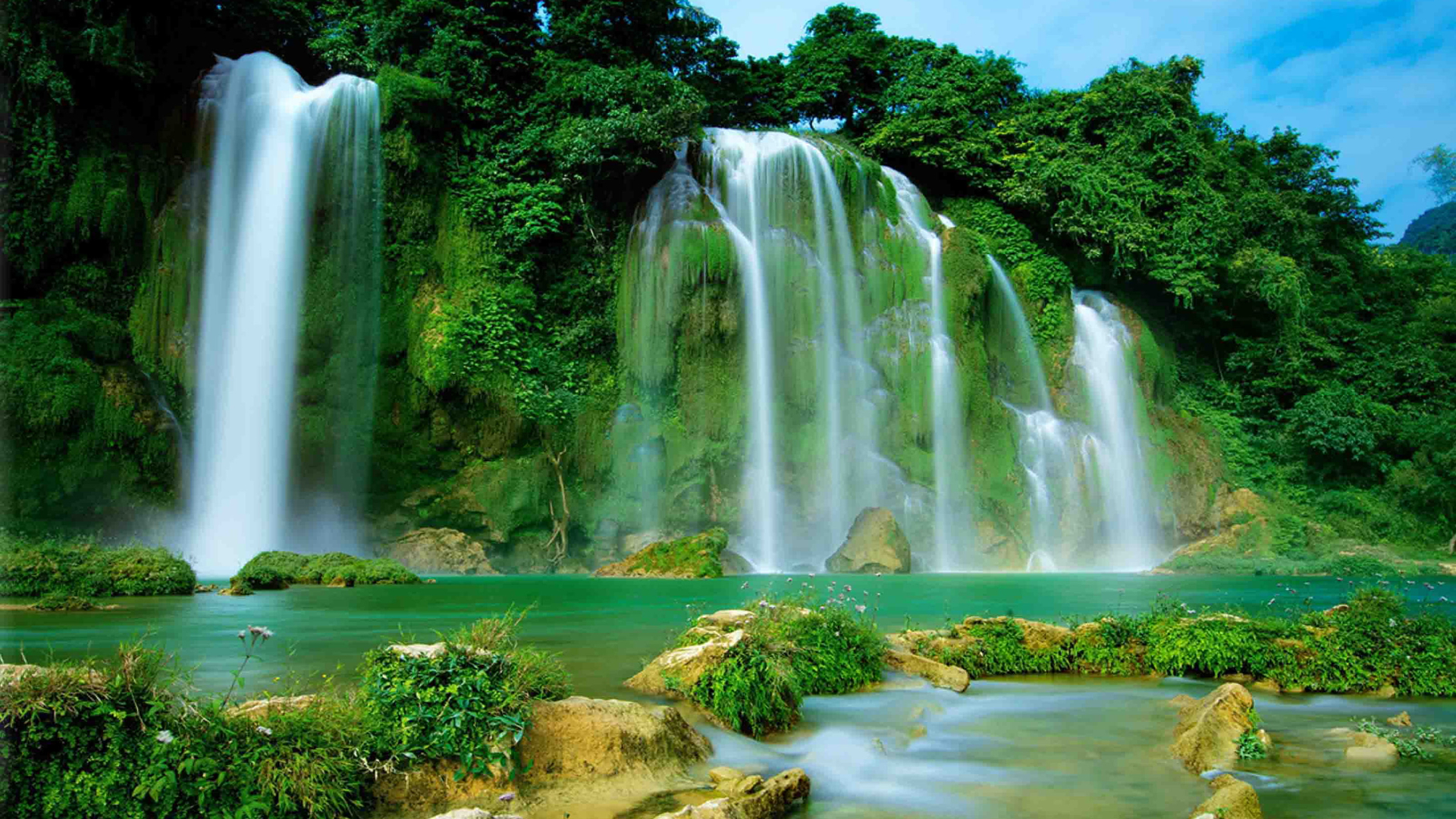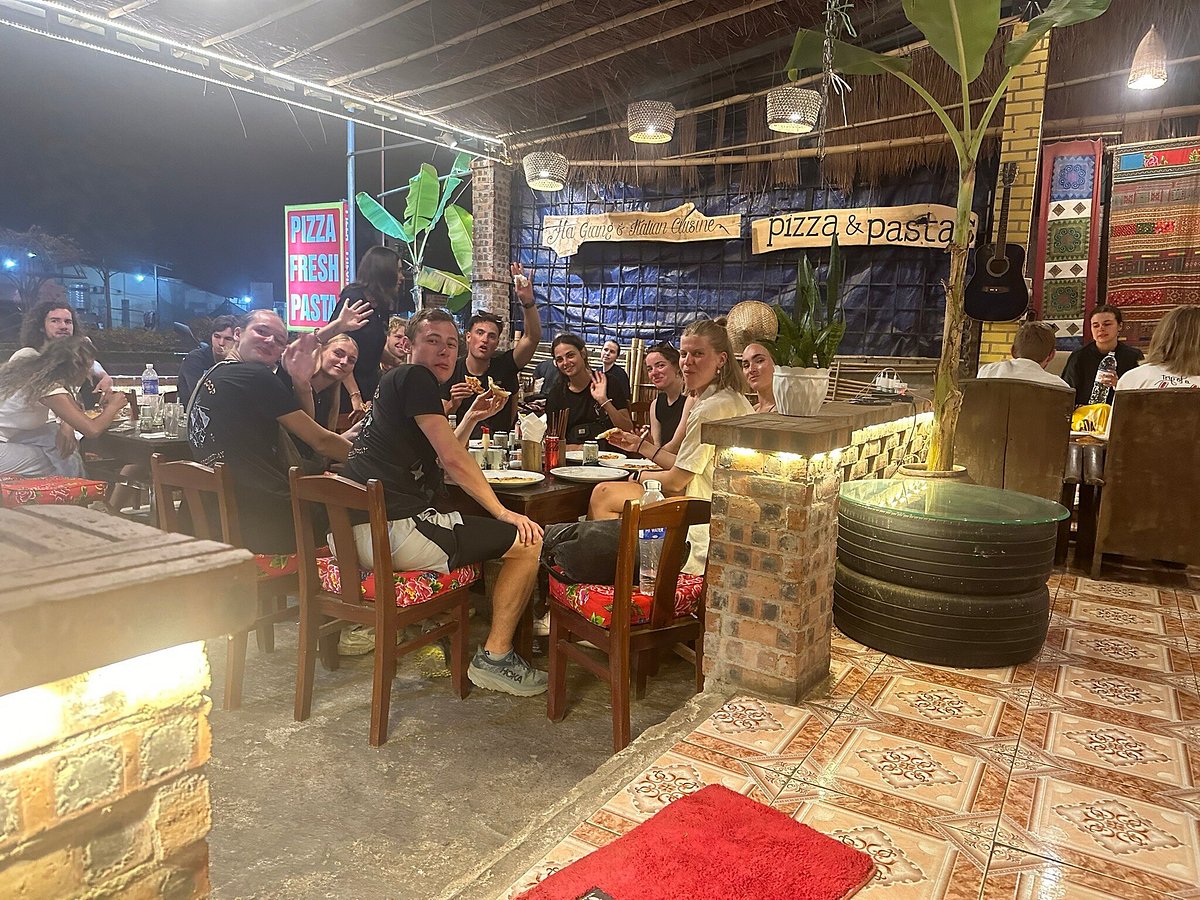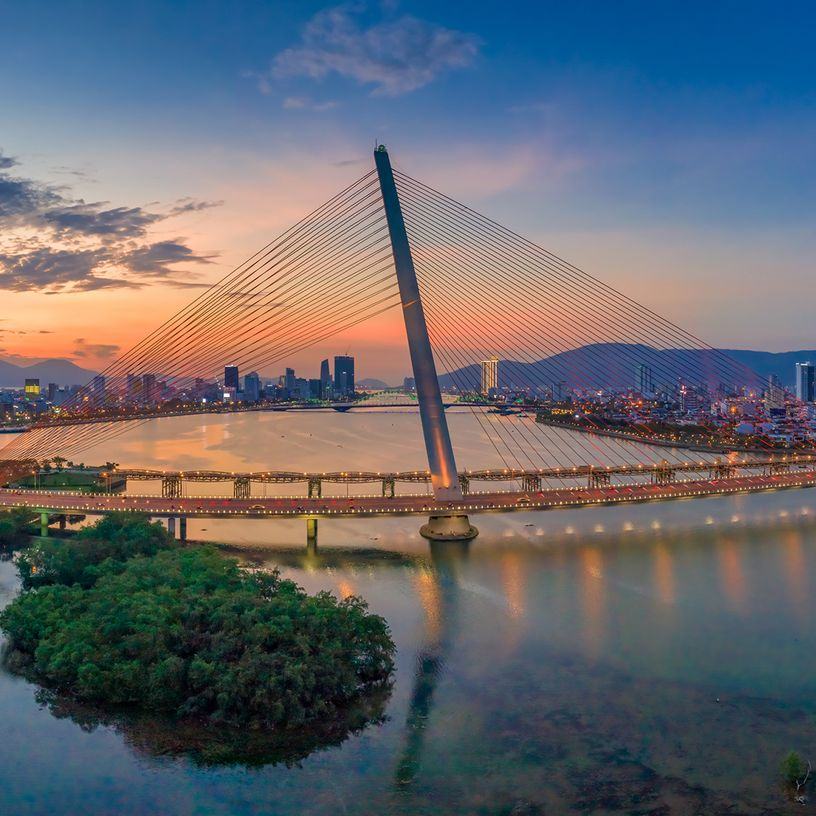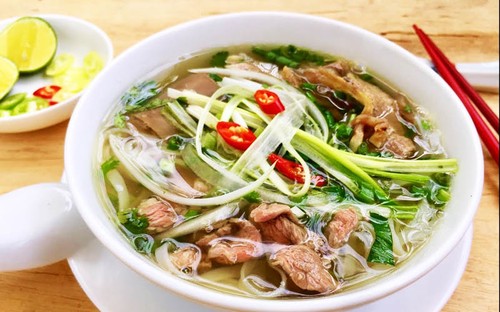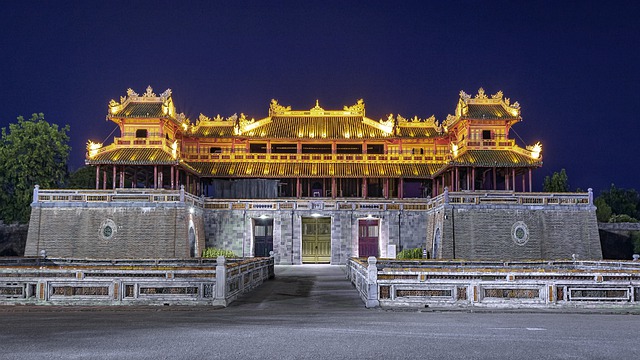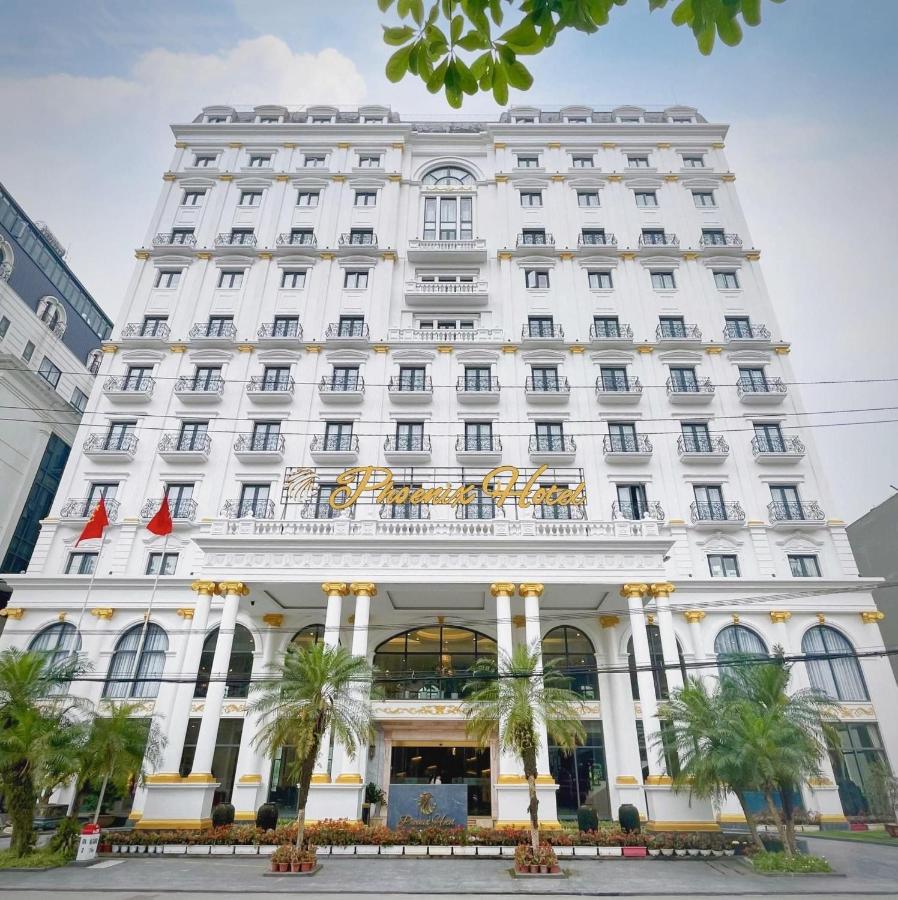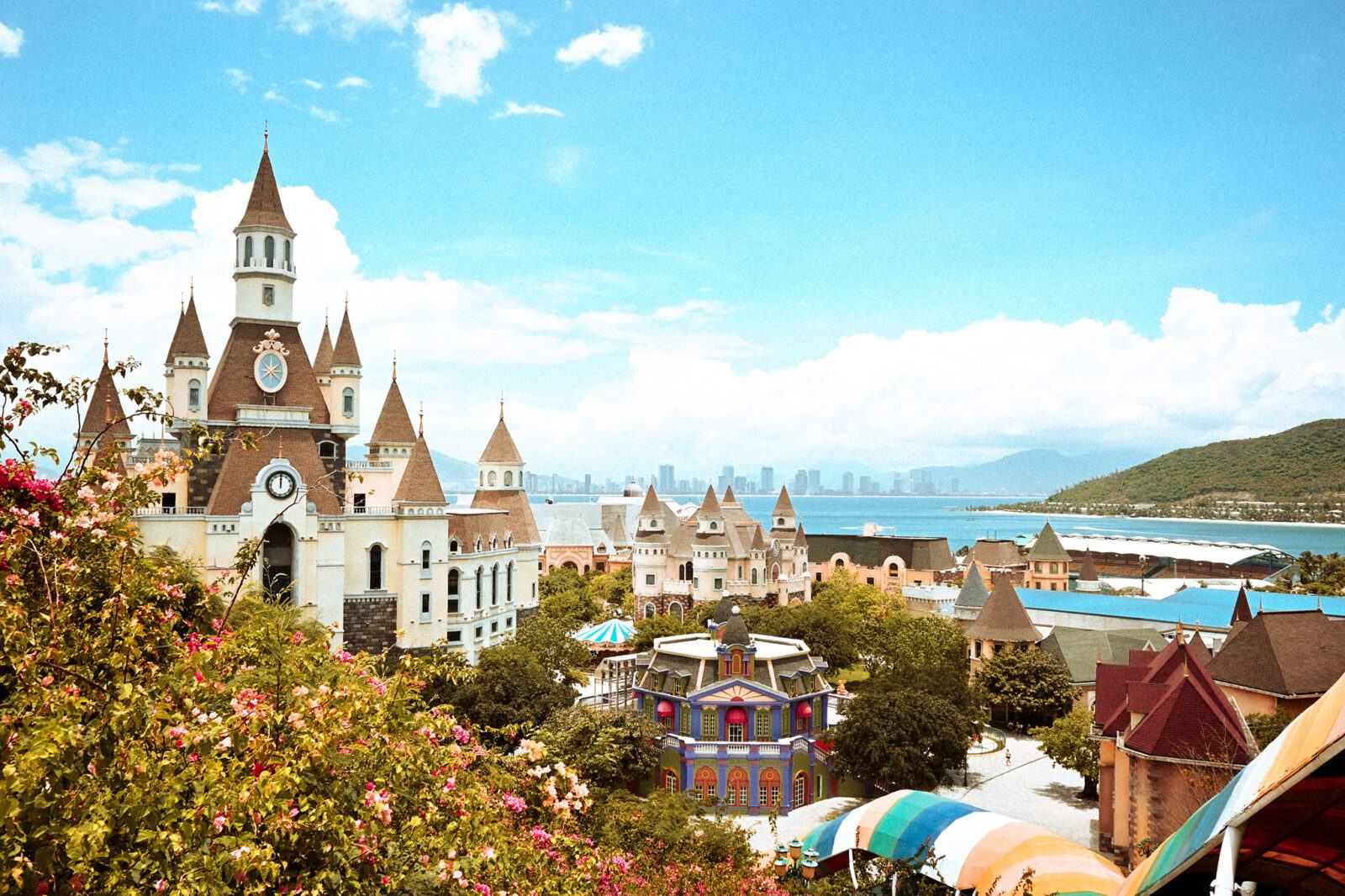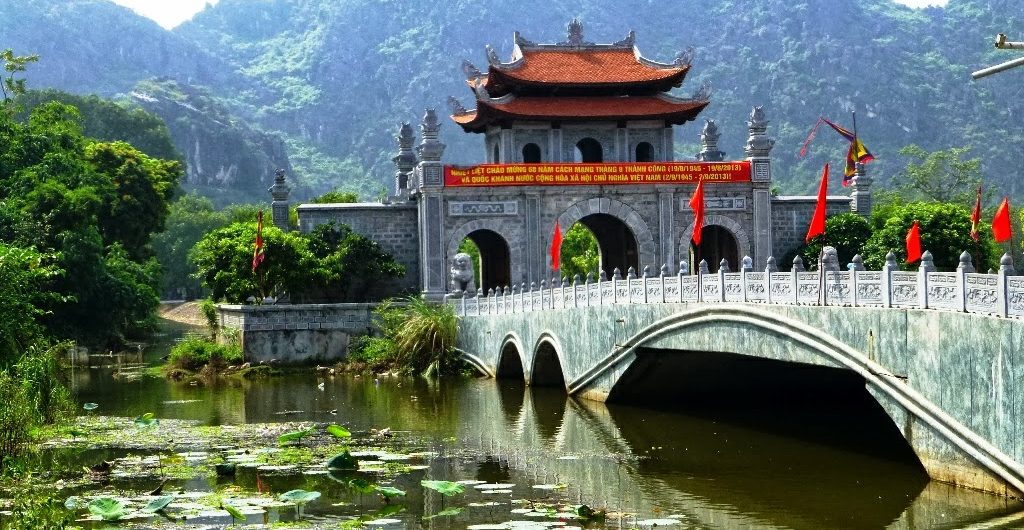15 Most Impressive Temples in Vietnam
Vietnam has a rich theological and cultural past that combines elements from Europe, China, and Indochina across many years and millennia. Across the nation, there are many different types of religious structures, ranging in age from centuries to current. You can gain a unique understanding of Vietnamese customs and culture by touring one of these pagodas or temples.
Table of Contents
ToggleReligion and Type of Temples in Vietnam
The majority of people in Vietnam are not religious. Nonetheless, they offer prayers to departed family members and sacrifice goods and cash in their honor. Another name for this is folk religion. With 15 percent, Buddhism is the second most popular religion. But Buddhism has always been a powerful political force in Vietnamese history; in 1963, monks spearheaded the uprising against the South Vietnamese government. Christians make up about 7% of the population, while there is also a small percentage of Muslims and Hindus.
The Distinction Between Pagodas and Temples
In Vietnam, there are two kinds of Buddhist religious sites worth seeing: temples (đền) and pagodas (chùa). The more inclusive word “temple” refers to any structure where people gather to worship. Temples are home to monks, and pagodas are where Buddhas are housed spiritually.
Tips for Visiting Temples in Vietnam
- When visiting pagodas, monasteries, and temples, please dress appropriately. Wearing shorts or sleeveless T-shirts is not appropriate when visiting Vietnam’s holy religious sites. This regulation applies to both genders.
- Don’t talk too loudly or create too much noise.
- Remember to enter through the right entrance and exit through the left gate when you visit the temple. On significant occasions, the middle gate is reserved for monks only for academic purposes.
- Filming and taking pictures are frequently prohibited in locations including churches, temples, museums, and shrines. Outside the complex, it is often not an issue, but inside a temple, it is often forbidden.
1. My Son
A UNESCO World Heritage Site, My Son ruins are a cluster of Cham temples built between the 4th and 14th centuries, which makes these temples in Vietnam even older than the famous temple complex of Angkor Wat in Cambodia. They are now abandoned and unused, so you will not see any active worship or religious visitors in this place. During the Vietnam War, many of the historic temples were partially destroyed or are currently being restored.
The My Son ruins are located outside of Hoi An and Da Nang and are only one or two hours away by car. Combine a visit to My Son with a visit to a local lantern factory and a boat trip on the Thu Bon River with this My Son tour from Hoi An.
2. Bai Dinh
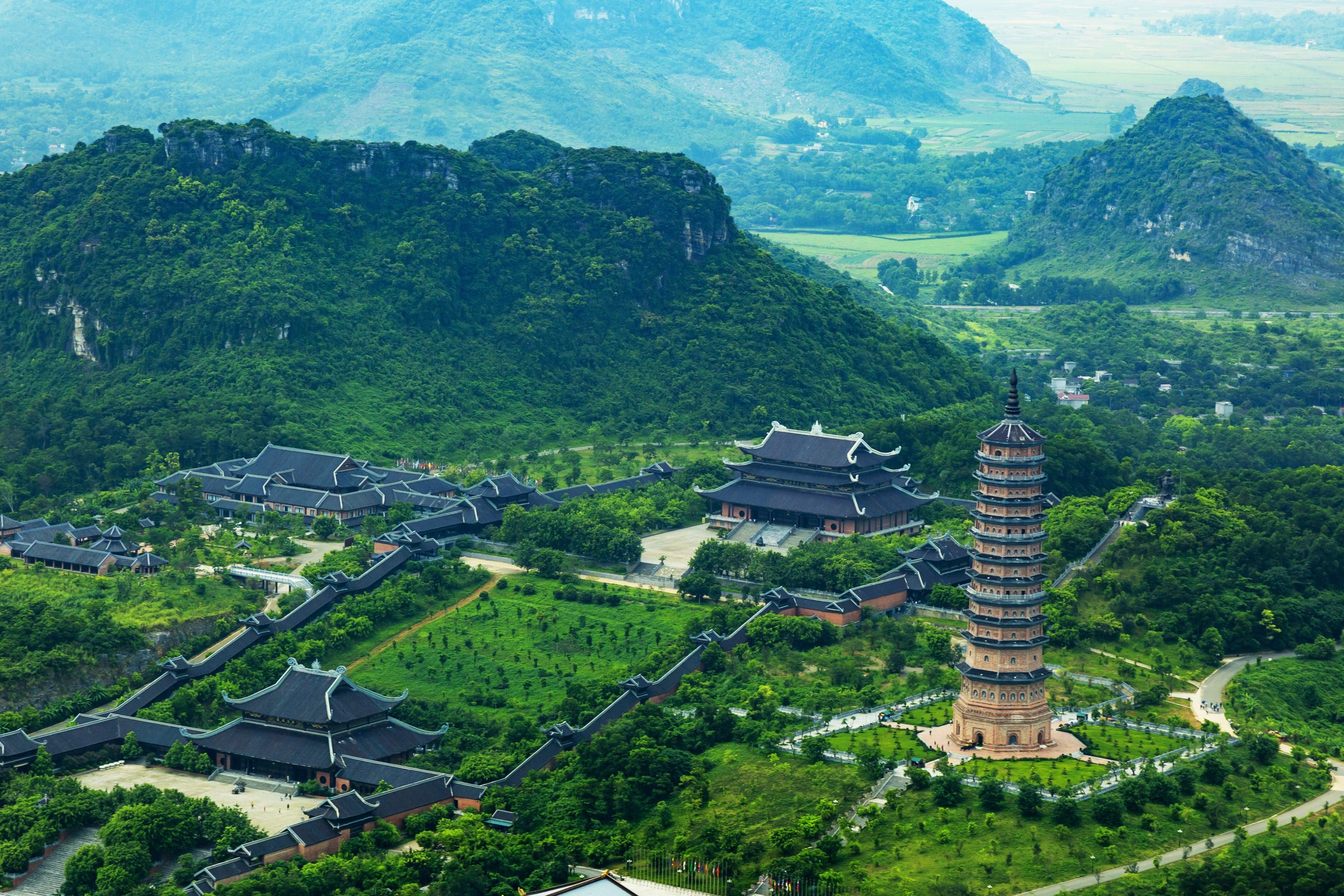
Bai Dinh is the largest complex of Buddhist temples in Vietnam. It is a fairly new complex, where construction of the pagoda started in 2003 and was completed in 2010. Today it covers a large area of 700 hectares, with the original old temple and a newly created larger one. This complex is extremely popular among pilgrims and locals who want to pay their respects.
Bai Dinh is located in Ninh Binh province. You can also visit this temple on a day trip from Hanoi combined with a boat trip in Trang An and cycling through the countryside.
3. Bich Dong
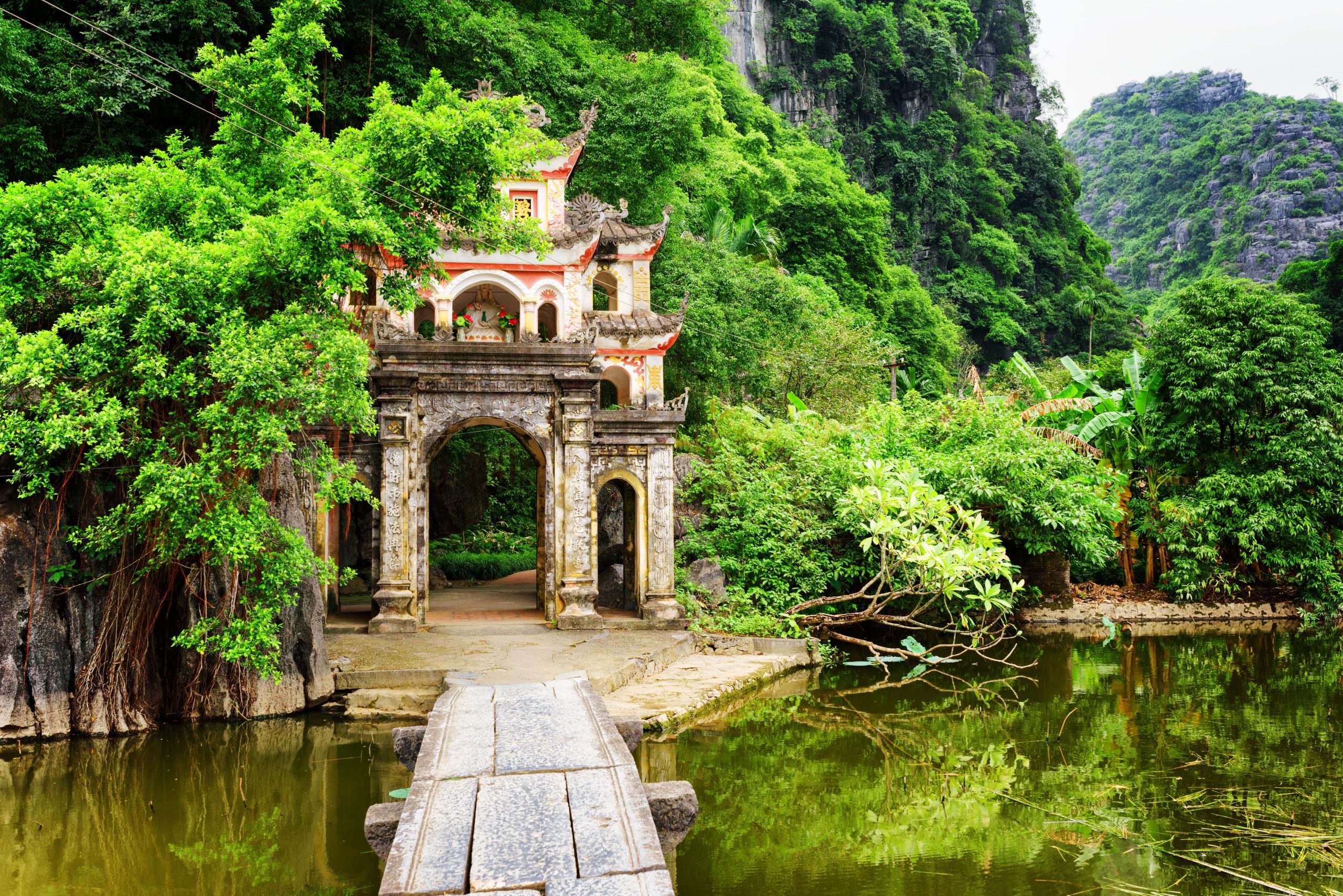
Bich Dong Pagoda is another temple in Ninh Binh and is only very small, but it has become popular with Instagrammers who take beautiful pictures from the bridge over the water to the entrance gate. This pagoda can be found in Tam Coc (Ninh Binh) and can easily be combined with the boat trip in Tam Coc and the viewpoint at Mua Cave.
4. Perfume Pagoda
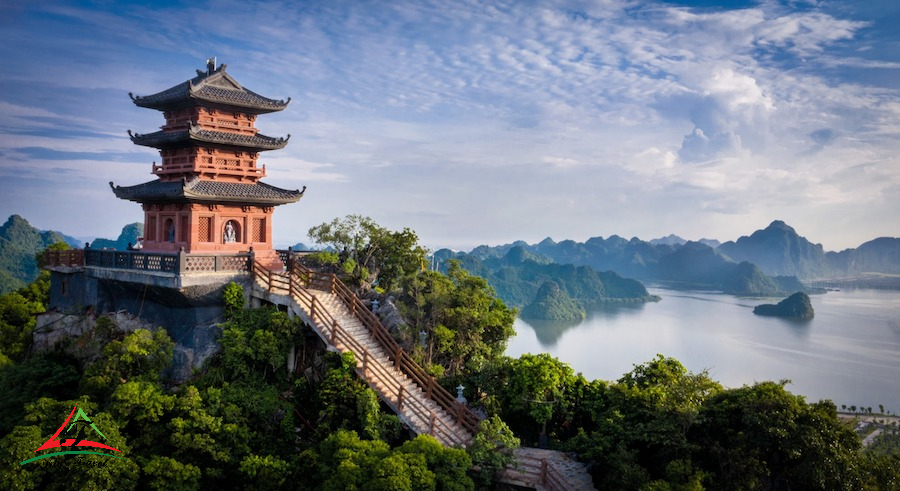
The Perfume Pagoda is a popular pilgrimage site for Vietnamese and one of the most sacred temples in Vietnam. About 2 hours from Hanoi, you will arrive at a small harbor where you will go by a rowing boat through the beautiful green landscape. Docking below the mountain, you go via a steep staircase (or cable car) and climb to the top of the mountain to the Perfume Pagoda, which is hidden in a cave. The pagoda is one of the holiest in Vietnam, but for travelers, the journey across the river and going up the green mountain is probably more impressive.
5. Cao Dai
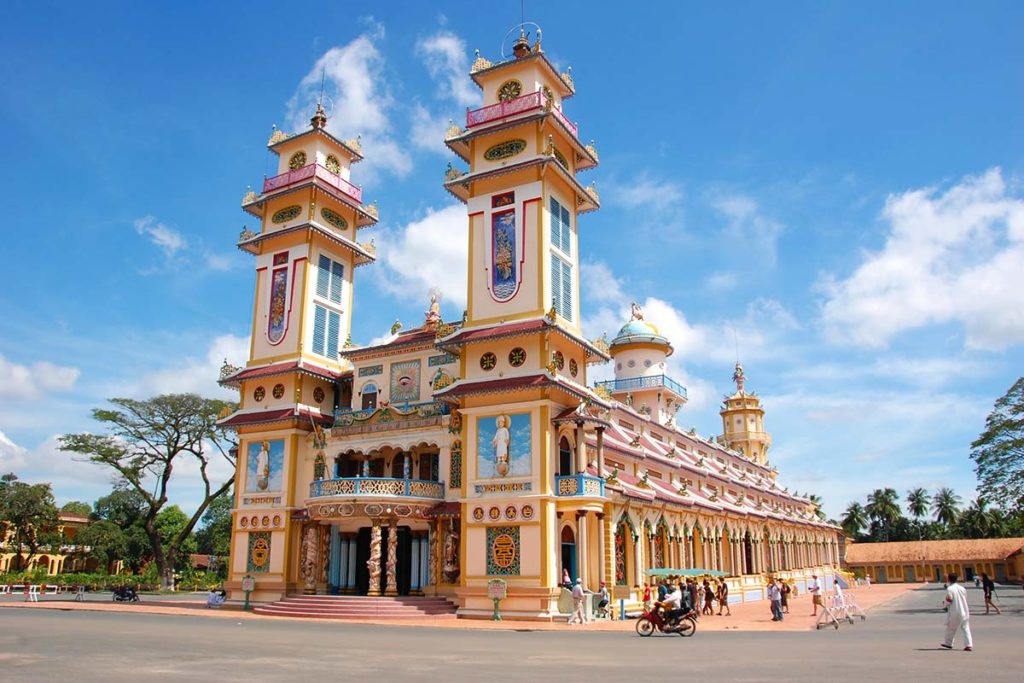
About 90 km northwest of Ho Chi Minh City you will find a very special temple. The Cao Dai temple is the sacred building of a religion that has not been around for very long. The faith originated in Tay Ninh around the year 1926 and gained its followers mainly in South Vietnam. Nowadays you can also find Cao Dai temples in the United States and other countries. You will also come across a Cao Dai temple more than once in other cities, especially in the south of Vietnam.
Cao Dai is a combination of Christianity, Hinduism, Judaism, Islam, Buddhism, Taoism, Zoroastrianism and Confucianism. You’ll find more of these temples throughout Vietnam, but the largest is just outside Ho Chi Minh City.
6. One Pillar Pagoda
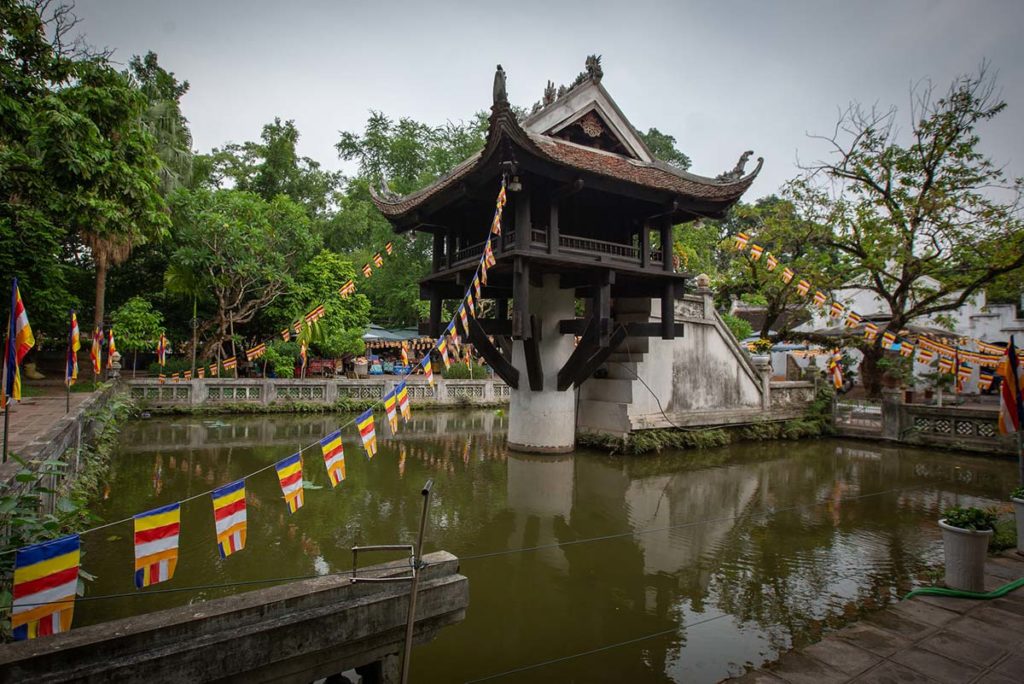
Many temples in Hanoi have a long historical background and still play an important role among Buddhist Vietnamese today. This Buddhist pagoda is considered by many to be the most important religious site in the country. Throughout the year you will see families here who come to the One Pillar Pagoda to pray. You will find the pagoda in the complex of the Ho Chi Minh Mausoleum, so there is no shortage of other activities during your visit to the complex.
7. Temple of Literature
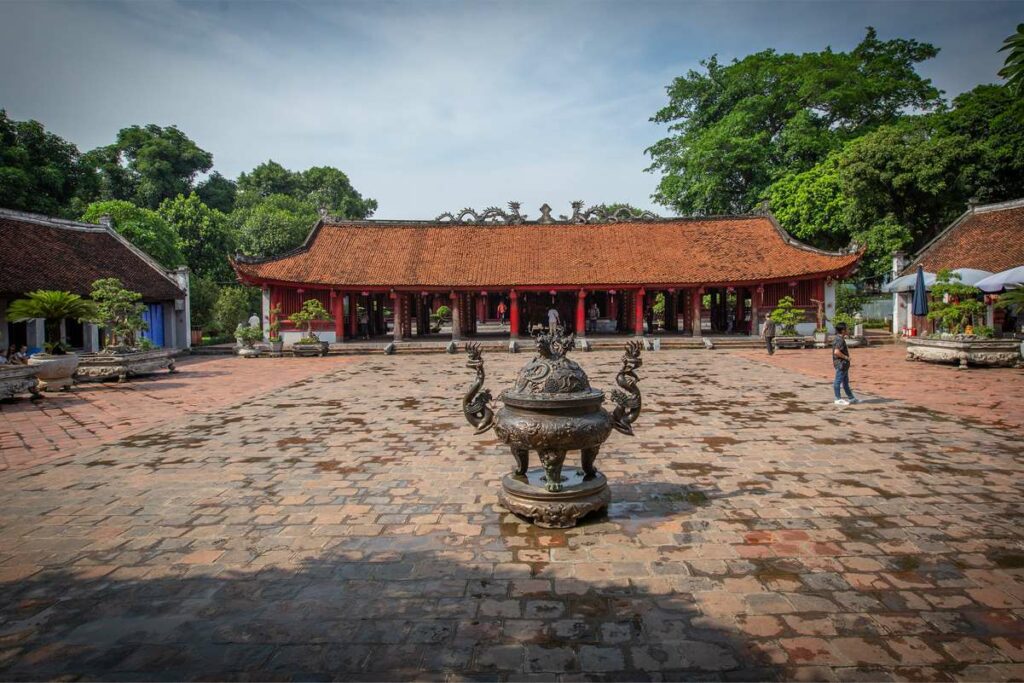
This is one of the most well-known temples in Vietnam, found in Hanoi. Home to Vietnam’s first university, hence its name, the Temple of Literature is a Confucian temple founded in 1070 and featured on the back of the 100,000 Vietnamese dong banknote. The pavilions, gardens, passageways, and ponds make this temple a place of peace, in the middle of a busy city.
8. Thien Mu Pagoda
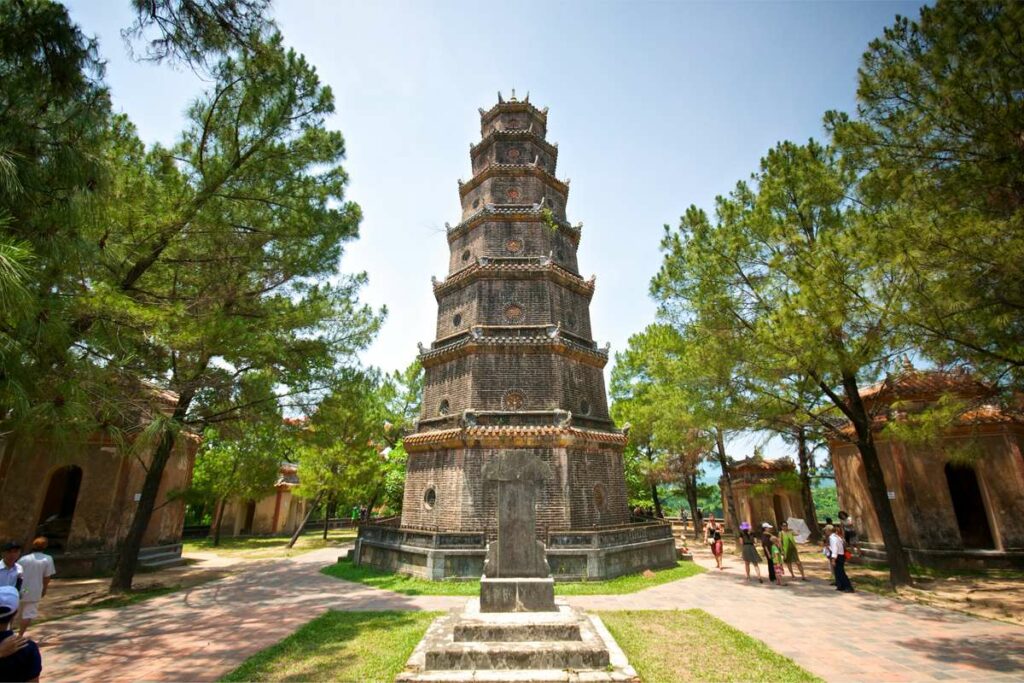
The Pagoda of the Heavenly Lady is a historic temple in the former imperial capital of Hue and the highest religious site in Vietnam. It is also one of the most famous temples in Vietnam. Thien Mu Pagoda is located on Ha Khe Hill and the north bank of the Poetic Perfume River, about 5 km from Hue Citadel.
9. Tran Quoc Pagoda
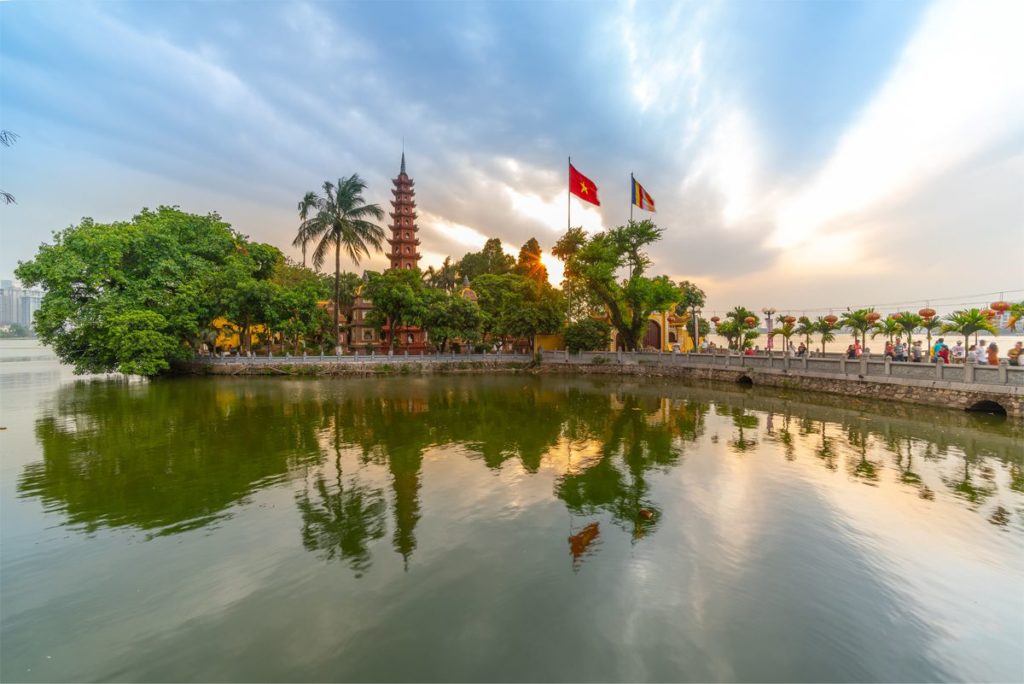
Tran Quoc Pagoda is the oldest temple in Hanoi and is a perfect example of Buddhism in Vietnam. The temple has eleven floors and a beautiful courtyard where you can burn incense. There is also a museum with relics related to the temple. It is located right next to West Lake, the biggest lake in Hanoi.
10. Jade Emperor Pagoda
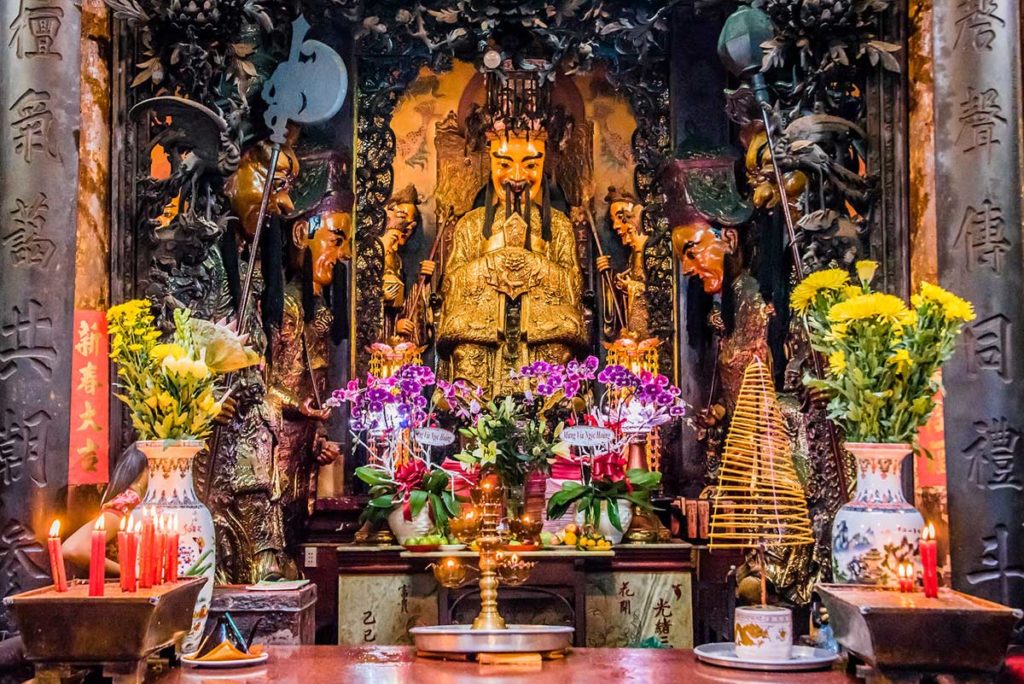
Jade Emperor Pagoda in Ho Chi Minh City may be less impressive from the outside than others in this list of the most beautiful temples in Vietnam. But unlike many ancient temples in Vietnam, this temple is lively and active with the locals making offerings and praying. It is a beautiful experience to see active, local worship at this pagoda. In May 2016, US President Barack Obama visited this temple.
11. Vinh Trang Temple
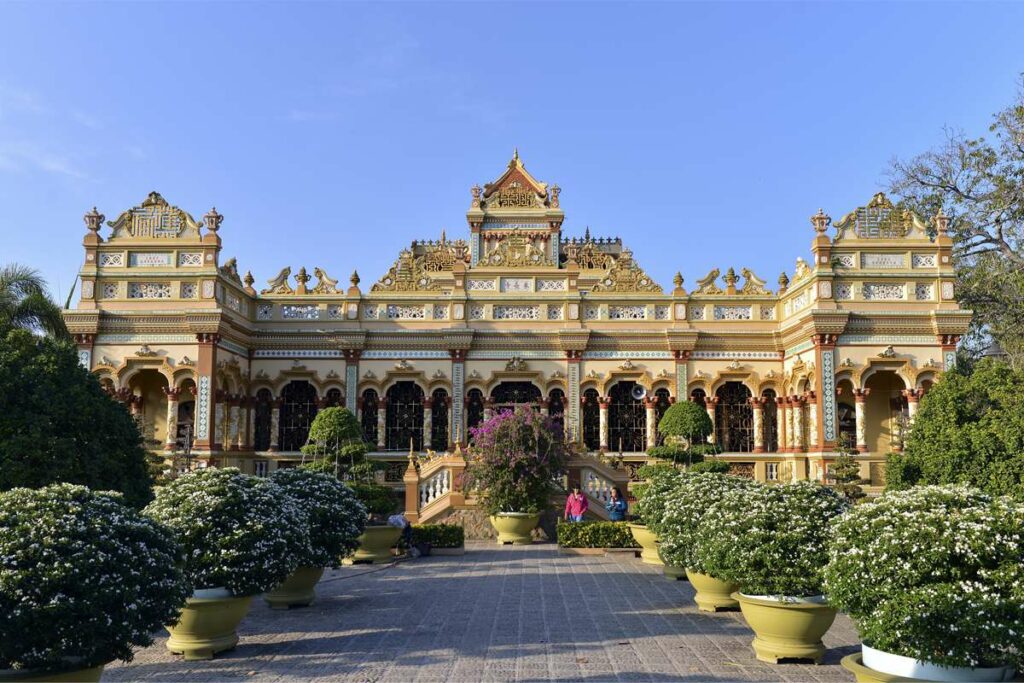
Located in the Mekong Delta near My Tho, Vinh Trang Temple is arguably one of the most beautiful temples in South Vietnam. The architecture and colors immediately stand out and are unique compared to other temples you will find in Vietnam. The Vinh Trang Temple resembles an Indian Raj Palace, restored with mosaic decorations.
12. Linh Ung
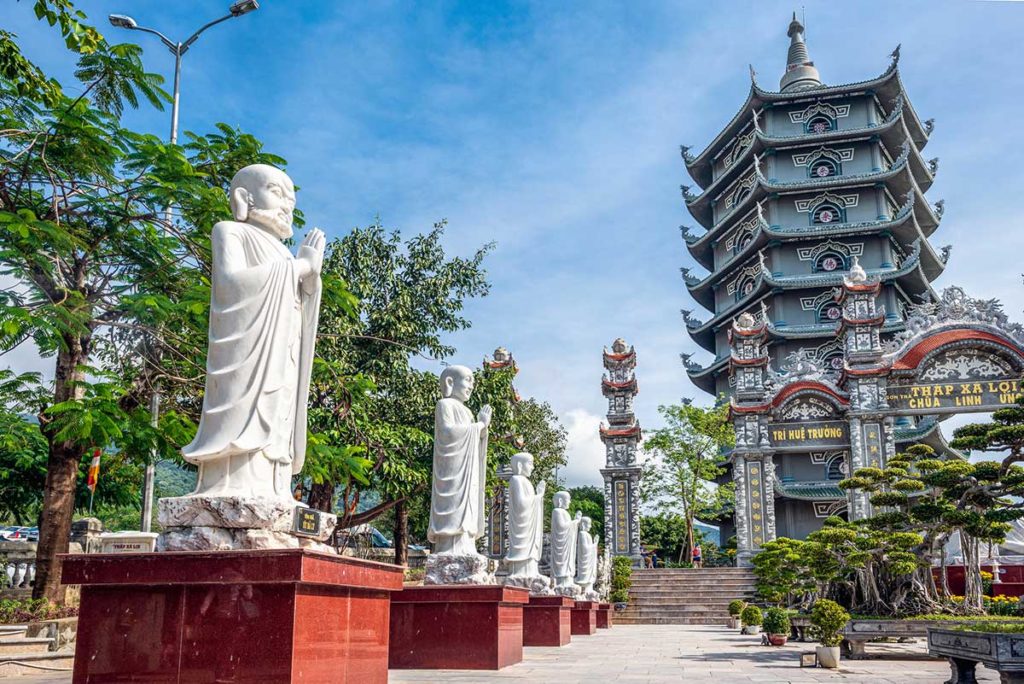
Located on a hill on the Son Tra peninsula, Linh Ung Temple overlooks the sea. Its position in the city is of historical importance as the pagoda is intended to protect the city and its inhabitants. Her symbolism represents compassion and motherhood in the Vietnamese tradition. The view is beautiful, especially during sunrise and sunset, overlooking Da Nang city and the ocean.
13. Truc Lam Zen Monastery
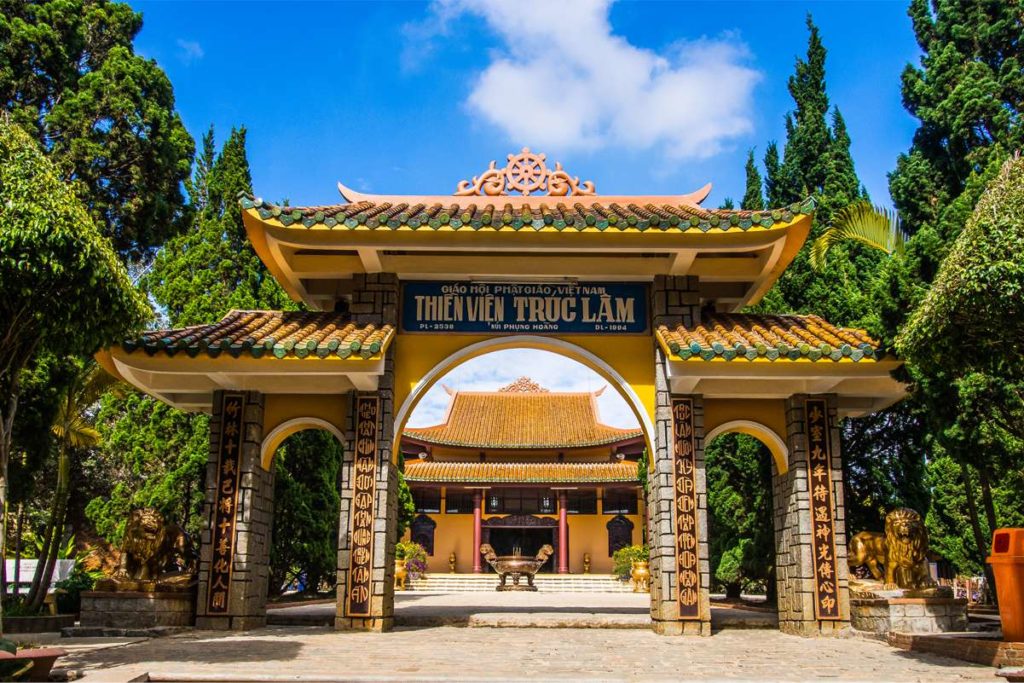
Just outside the popular central highlands city of Dalat, Truc Lam Temple is a young Zen Buddhist monastery built in 1994. It overlooks Tuyen Lam Lake and is reached by 222 stone steps. In the private part of the temple, you will find an area with about 100 monks and nuns.
14. Buu Long Pagoda
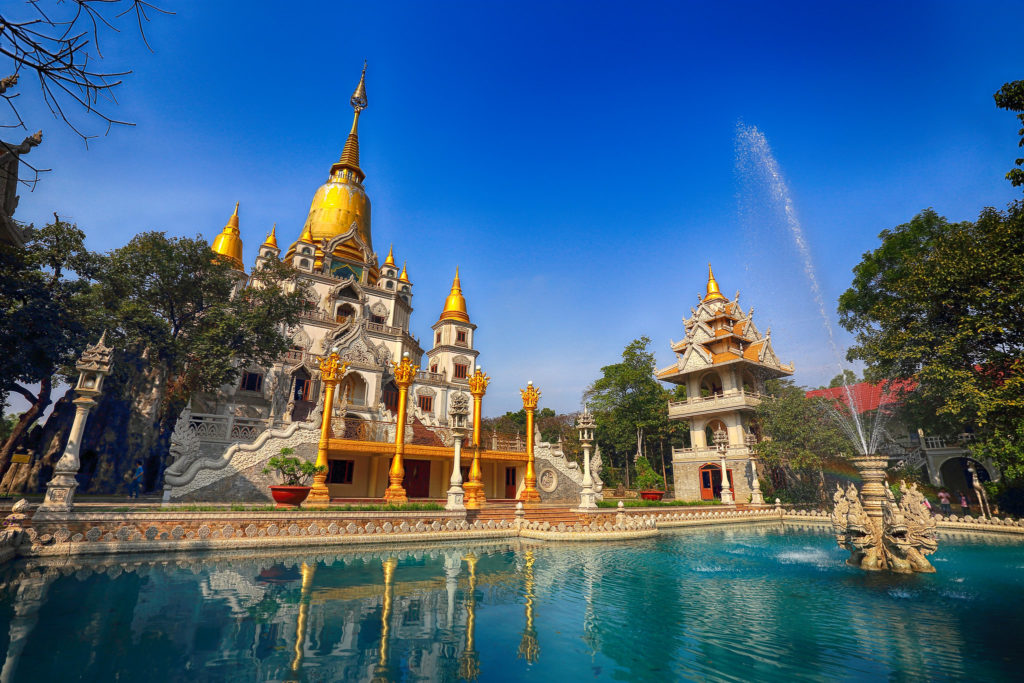
Buu Long Pagoda can be found in District 9 in the far east of Ho Chi Minh City. What makes this temple in Vietnam so unique is that it is in a different style compared to what you will see in the rest of the country. This pagoda is more similar in style to what you’ll see in Myanmar and Thailand, as the temples in Vietnam are more of an East Asian style.
As this temple is located far from the center in a rural neighborhood, a visit also gives you a unique insight into the local and authentic culture here.
15. Minh Thanh Pagoda
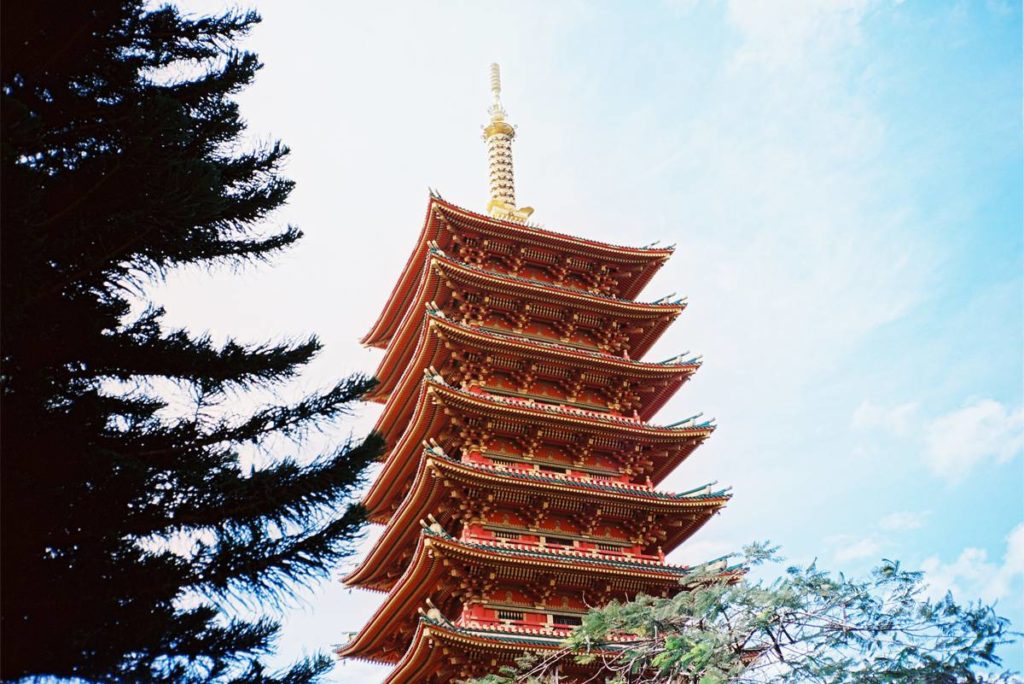
Minh Thanh Pagoda is located in Pleiku, hidden in the Central Highlands of Vietnam. It is a large complex with a huge tower that you can see from afar. It is best known because the temple is a mix of Japanese and Chinese architecture.
